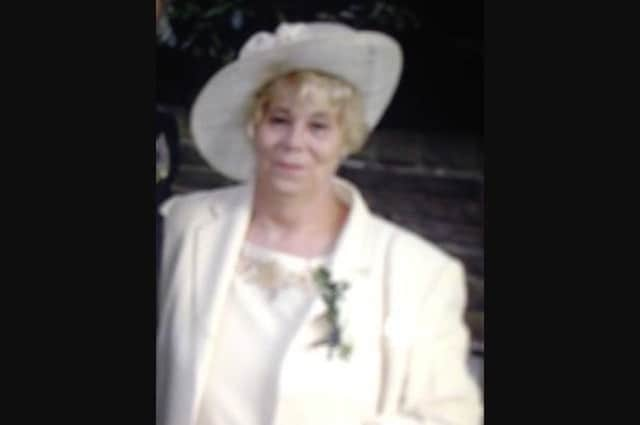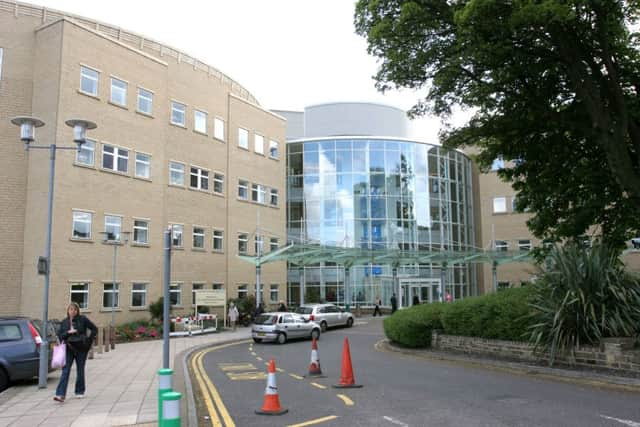Wife's death in Huddersfield hospital '˜could have been avoided'


The conclusion of an inquest into the death of June Parkes, 68, heard there were delays in her being admitted to Calderdale Royal Hospital (CRH), undergoing a vital procedure and in transferring her to Huddersfield Royal Infirmary (HRI).
Mrs Parkes, a great-grandmother who suffered from diabetes, Alzheimer’s and ischaemic heart disease, died from gastro-intestinal bleeding just minutes after being transferred to HRI on December 17, 2014.
Advertisement
Hide AdAdvertisement
Hide AdAssistant coroner Mary Burkes recorded a narrative verdict on Wednesday and ruled Mrs Parkes’ death could have been “avoided” if she were admitted to hospital three days earlier and if the transfer took place sooner.


Her husband Michael Parkes, who attended the inquest at Bradford Coroner’s Court with family, said: “I hope the coroner’s recommendations are taken on board so other families don’t have to go through such agonies and people like my darling wife don’t die unnecessarily.”
The hearing was told how Mrs Parkes became unwell at her home in Copley on December 14, 2014 and was visited by a district nurse and an out of hours GP.
The family were reluctant for her to be admitted to hospital, worried it would made her dementia worse, and the GP advised but did not insist she go. Mrs Burkes said: “At the time she was not admitted to hospital. It is likely that if she had been and treated she would not have died at 02.00 hours on 17 December 2014.”
Advertisement
Hide AdAdvertisement
Hide AdShe was taken to CRH and arrived just before midnight on December 15 After vomiting blood. She later underwent an endoscopy, but not until the following afternoon.


The inquest heard that after suffering further bleeding following the endoscopy, she needed an urgent transfer to HRI but this did not happen until 1.25am on December 17.
When the ambulance arrived at HRI at 1.44am, she was unresponsive and sadly pronounced dead, the hearing was told.
Hospital did not follow guidelines or protocols
The inquest heard Mrs Parkes was taken to hospital after vomiting blood and arrived just before midnight on December 15.
Advertisement
Hide AdAdvertisement
Hide AdDr Sunil Sonwalkar, a gastroenterology consultant at the hospital, told the inquest in evidence that guidelines by the National Institute for Health and Care Excellence (NICE), in place since 2012, recommended that patients suffering from accute gastro-internal bleeds should undergo an immediate endoscopy or have one within two hours.
However, Mrs Parkes’ endoscopy did not take place until the afternoon on December 15. The hearing was also told that, in accordance with the hospital’s protocols, a doctor should have been present inside the ambulance with Mrs Parkes during the transfer because of her condition. The medical cause of her death was recorded after a post-mortem examination as the result of an intestinal haemorrhage from duodenal bleeding and ischaemic heart disease.